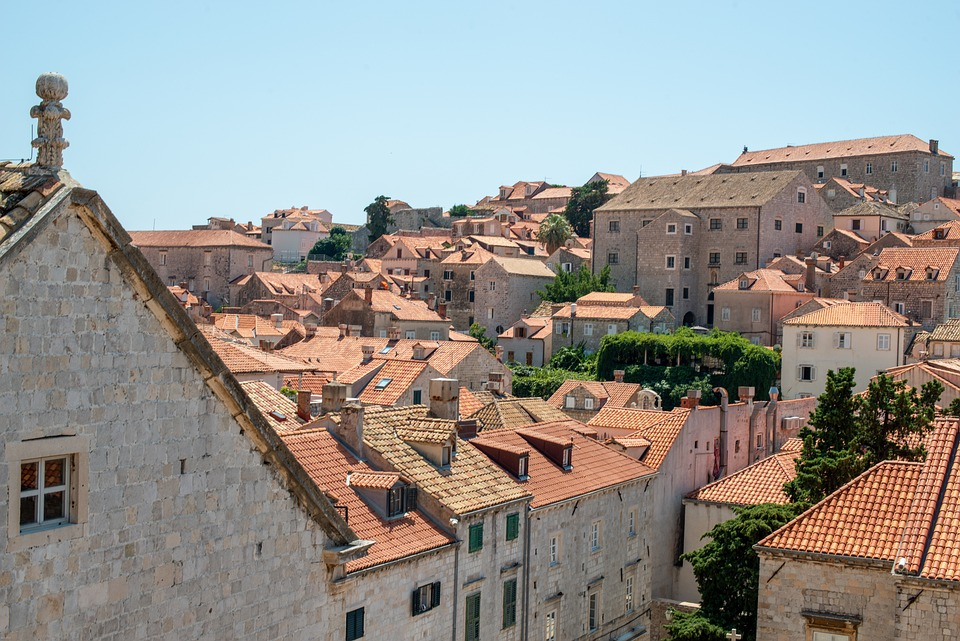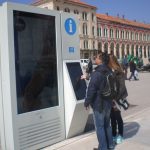As Marija Crnjak/Poslovni Dnevnik writes, Croatia isn’t yet moving in the direction of new taxation placed on private accommodation facilities, although it will strengthen the control of illegal rentals within the framework of an initiative that is still being developed at the level of the European Union (EU). In the meantime, a new analysis of that accommodation segment is currently expected, which the Institute for Tourism is preparing for the Croatian Tourist Board (CNTB).
The analysis will be finished in May and will be the basis for new branding and promotion of private accommodation,” explained CNTB director Kristjan Stanicic at the Family Accommodation Forum held on Saturday in Zagreb, organised by the Croatian Chamber of Commerce (HGK) and the CNTB.
Current figures say that more than 106,000 households are engaged in renting to tourists, and more than 600,000 beds have been registered. This accounts for about 60 percent of the total accommodation in Croatian tourism. Private accommodation/household facilities enjoyed 47 million overnight stays last year, slightly less than half of the total number of overnight stays realised in the country. At the same time, this is the segment of accommodation that has the shortest season, with just 15 percent annual occupancy.
“For as long as there aren’t enough hotels in Croatia, in which we’re two to three times behind the rest of our competition across the Mediterranean, family/private accommodation will play a very important role in the whole Croatian tourism offer,” said HGK’s Vice President for Agriculture and Tourism, Dragan Kovacevic, pointing out that it would be important to classify the offer of accommodation within the Croatian tourism offer, to divide things up in a better way.
“Renting is not only unfair competition to private and other registered accommodation, but also puts additional pressure on communal and other infrastructure, without the benefits paid by the households that are doing this,” says Kovacevic.
Monika Udovicic from the Ministry of Tourism pointed out that the Tourism Strategy until the year 2030 foresees the modernisation of the categorisation of all tourist accommodation, including private accommodation. Admittedly, only 25 private landlords applied for the tender from the National Recovery and Resilience Plan (NPOO), which shows the extremely low interest of this sector in entering into more serious entrepreneurial waters.
Private accommodation consultant Nedo Pinezic pointed out that for most renters this is their second income, and they pay tax on their first income because they are either employed somewhere or have their own businesses. With other income from their properties and their property rights, we have a form of income where housing is also concerned, and when we talk about tax reform, this whole group is affected.
”We want to see what sort of direction this is going to go in,” said Pinezic, warning that there should be better regulations for non-commercial accommodation with around 300,000 facilities where owners and their families and friends occasionally stay, without paying for each night, and fees paid by those who are registered to rent to tourists.
For more, check out our news section.











